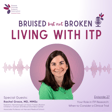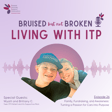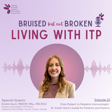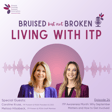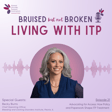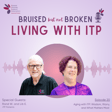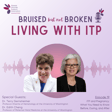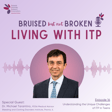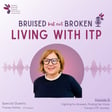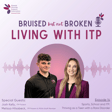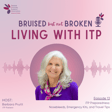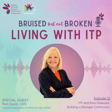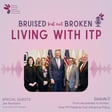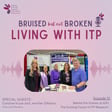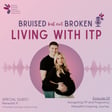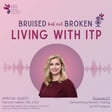
A Mother's Story: Navigating ITP with Strength and Hope
In this episode of Bruised but Not Broken: Living with ITP, we hear from Jill Vorst, a mother who shares her powerful journey of navigating life with her daughter Elizabeth’s chronic immune thrombocytopenia (ITP). From the scary initial diagnosis at age two to the challenges of managing Elizabeth’s relapses, side effects, and mental health, Jill offers an honest and heartfelt perspective on the toll ITP takes on families—and the hope and resilience they’ve found along the way. Jill’s story is a testament to the strength of families and the value of support networks in overcoming life’s most difficult challenges.
Tune in to hear how Jill and her family discovered ways to embrace life’s possibilities despite the challenges of ITP—and how you can too.
